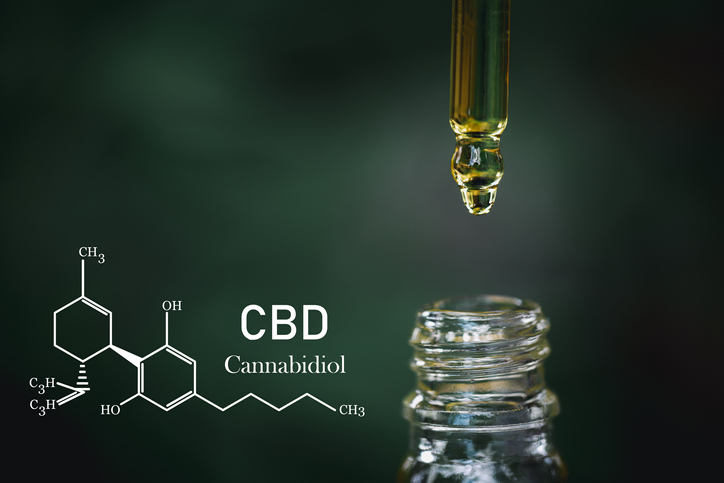Treatments
How CBD Functions in the Body

What is CBD?
Cannabidiol, or CBD, is one of the natural compounds found in the Cannabis sativa plant, otherwise known as marijuana or hemp. It does not have psychoactive properties; therefore, it does not create the “high” associated with the use of marijuana that contains tetrahydrocannabinol (THC).
How does CBD function in the body?
Studies show that the use of CBD may help reduce pain by influencing endocannabinoid receptor activity, reducing inflammation, and communicating with neurotransmitters related to pain.
- Endocannabinoid system
CBD interacts with the endocannabinoid system in the body. The endocannabinoid system has cannabinoid receptors located throughout the central and peripheral nervous systems. It helps regulate various bodily functions, such as pain perception, mood, sleep, and immune system response. - Serotonin receptors
CBD also acts on the brain’s serotonin receptors. Serotonin is a neurotransmitter that helps regulate mood. The use of CBD increases serotonin levels in the brain. For this reason, CBD may be a viable treatment option for anxiety or depression. The effects of CBD on the brain may also help in the treatment of neurological disorders, such as epilepsy, multiple sclerosis, Parkinson’s disease, and Alzheimer’s disease.
Considerations
Although the use of CBD is generally safe, it can cause side effects in some cases. It can lead to a decrease in appetite, which can cause changes in weight. It can also cause diarrhea or fatigue. It interacts with several medications, so individuals should speak with a medical professional before trying CBD.


















